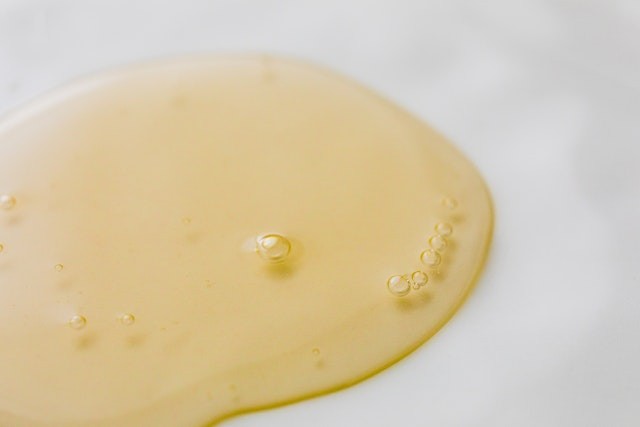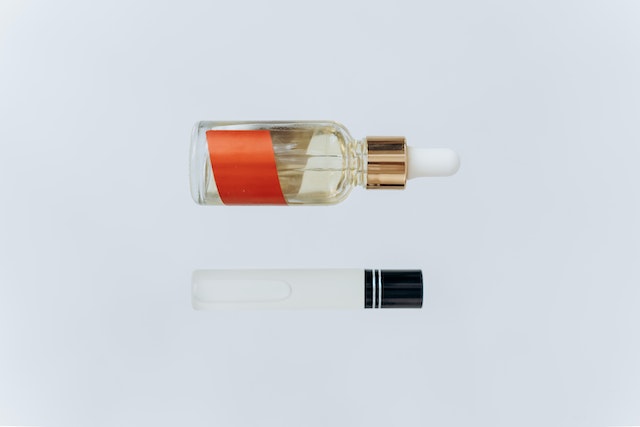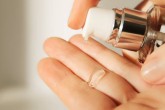Table Of Content
The Benefits of Using Propylene Glycol for Skin
When delving into the intersection of medical science and the internet, it's wise to approach information with a degree of skepticism. For some, a mere suggestion of doubt about an ingredient prompts its immediate exclusion from their skincare routine. Others, however, prefer a more thorough investigation before bidding farewell to a cherished beauty product. Consider propylene glycol, for instance. A cursory online inquiry yields terms like "carcinogenic," "toxic," and "antifreeze"—not exactly reassuring for a component commonly present in skincare items.
To address these weighty allegations, we undertook a diligent exploration to uncover the potential merits and drawbacks of propylene glycol, aiming to demystify its actual cleanliness. Keep reading, and empower yourself to make an informed decision on whether to persist with products featuring this skincare ingredient.
What Exactly is Propylene Glycol?

Propylene glycol stands as a colorless, scentless liquid entirely soluble in water. As per dermatologists, it is a synthetic substance created by introducing water to propylene oxide, itself derived from petroleum products. Its versatility shines through as it serves various roles, acting as a humectant, preservative, solvent, or emollient in an extensive range of formulations—including creams, lotions, serums, shampoos, and a myriad of other personal care products.
Benefits of Propylene Glycol for Skin
Propylene glycol is a prevalent ingredient often employed as a carrier for various cosmetics and therapeutic products, primarily functioning as an emollient and emulsifier. Here are its key roles:
- Water Attraction: At lower concentrations, propylene glycol behaves as a humectant, drawing in and binding water to the outer layer of the skin. This quality imparts a hydrated and dewy appearance when integrated into cosmetic formulations.
- Ingredient Enhancement: Thanks to its binding properties, propylene glycol enhances the delivery of other active ingredients into the skin, maximizing their efficacy.
- Light Moisturization: Acting as a humectant, it provides a light, non-sticky moisturizing effect, contributing to smoother skin.
- Anti-Aging Support: Its humectant nature makes it beneficial for dry or aging skin. By mitigating water loss, propylene glycol helps counter the dryness associated with aging, reducing the emphasis on wrinkles, flaking, and roughness.
- Improved Penetration: Facilitating the penetration of active cosmetic ingredients through the skin enhances their overall effectiveness.
- Water Loss Prevention: As an emollient, propylene glycol forms a protective film on the skin, preventing water loss and promoting a smoother, softer skin texture.
- Acne-Friendly: Its non-oily nature makes it suitable for individuals with acne-prone skin.
- Spot Reduction: Through its moisturizing properties, propylene glycol nourishes the skin, contributing to a reduction in the appearance of marks and acne spots over time.
Side Effects of Propylene Glycol
While propylene glycol may not be suitable for everyone, the concerns surrounding it are not as ominous as online narratives might suggest. The apprehension often stems from its petroleum derivation, leading to fears of carcinogenicity and toxicity in skincare applications. However, it's crucial to distinguish between cosmetic-grade petrolatum and commercial petroleum—propylene glycol falls into the former category and is not carcinogenic. The safety of a chemical is primarily determined by its final structure, and in this regard, propylene glycol is considered non-carcinogenic, making it a common ingredient in many topical cosmetic products.
However, propylene glycol is not entirely benign. It earned the title of the American Contact Dermatitis Society's Allergen of the Year in 2018. If you notice a red, itchy rash in areas where you apply your skincare products, propylene glycol may be the culprit. It has a proclivity for causing irritation and genuine allergic skin reactions, manifesting as redness, flaking, or burning. Additionally, it can be comedogenic, potentially clogging pores and triggering acne outbreaks.
While generally safe, individuals with sensitive skin should exercise caution. Those prone to eczema are advised to conduct a patch test by applying the product to the inner wrist or forearm for a few days before applying it to more sensitive areas like the face. For individuals diagnosed with a true allergic contact dermatitis to propylene glycol, avoidance of products containing it is recommended.
Well, for the majority of users, products incorporating propylene glycol are safe. Given our current understanding and years of use in cosmetic formulations, propylene glycol is considered a safe ingredient, assuming no allergic reactions are present.
How to Use Propylene Glycol
Due to propylene glycol's widespread presence in numerous products, there isn't a singular prescribed method for its use. Instead, it is advisable to follow the guidance of your dermatologist or adhere to the instructions provided by the manufacturers when using products containing this ingredient. In terms of frequency and quantity, propylene glycol is generally deemed safe, even when employed in relatively substantial amounts.
Conclusion
Any kind of active skincare ingredient you incorporate in your skincare routine, you need to carefully look into the details before buying or adding that into your skin. These tips are highly researched throughout the internet and can be trusted for all kinds of skin types and textures.
Author







Top 10 Travеling Tips for Pеt Ownеrs
Best Body Washes For Dry Skin Under $50
8 Best Moisturizers for Mature Skin
How to Curl Your Hair to Make Your Style Last
Barbie Tattoo Ideas for the Doll-Loving Ink Enthusiasts
Selena Gomez and Hailey Bieber Drama Takеs thе Spotlight In Entеrtainmеnt Nеws
Michael Kors Shoes: The Perfect Addition to Your Shoe Collection
Lululemon Yoga Mats: Which One Is Best for You?